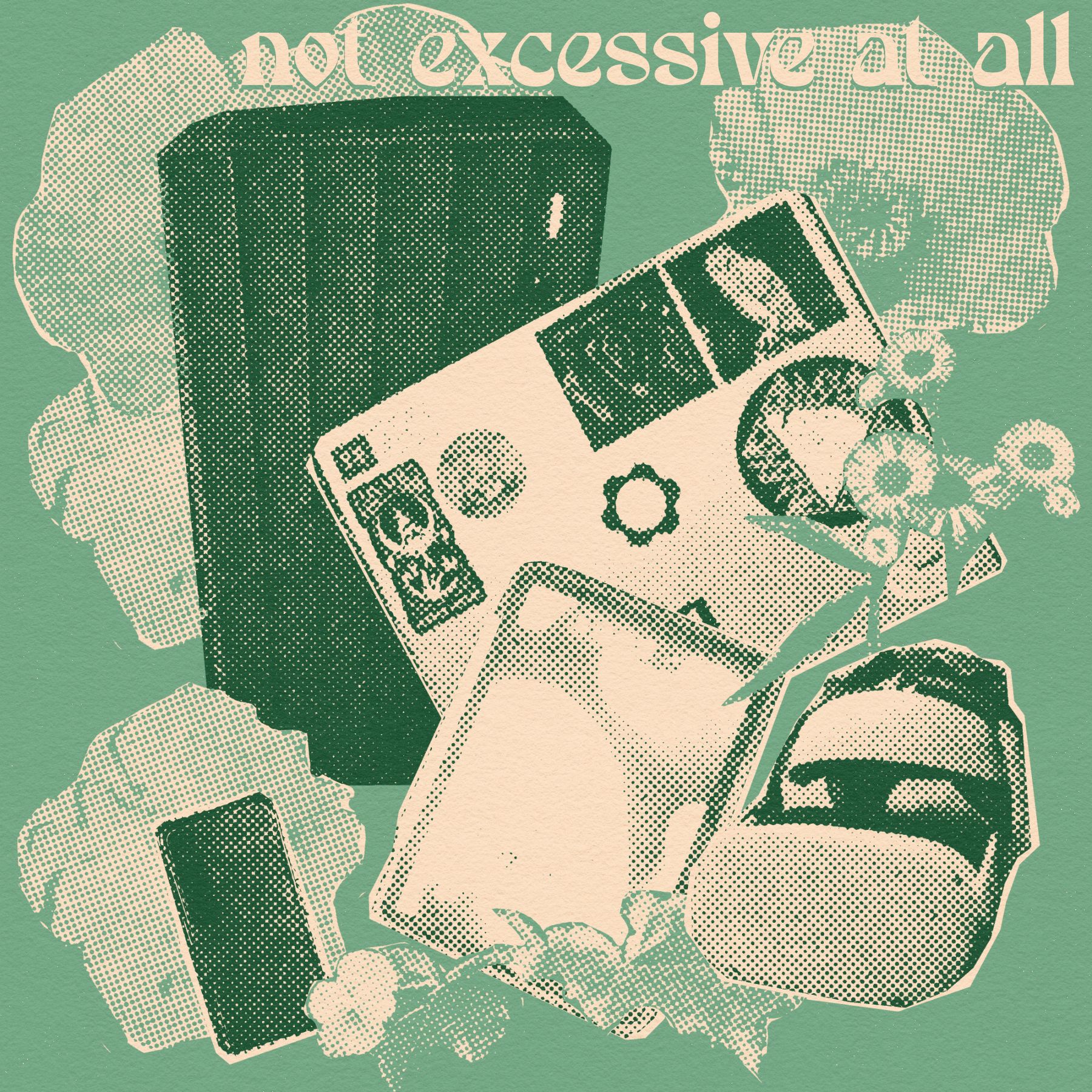Device overload and solarpunk imagination
Why the heck do we need multiple computers?

Yesterday and in the past, I've talked about why I think that the solarpunk science fiction genre—and the practice of imagining better futures in general—is vital to actually creating a better future. And I think that people who're interested in the paranormal are already exercising imaginal muscles that make it easier for us to imagine new, better things.
As I've talked about plenty on the blog, I've been writing a solarpunk novel, that's got me thinking about the unsustainable ways we use tech today, what some solutions might be to that, and what the world would look like if those solutions were put into play.
That's given me a lot to think about, but for the past week or two, I've been obsessing over this question: why the heck do we each have to have multiple computers?
What I say computer, I don't just mean a desktop PC or laptop. Smartphones and tablets are computers, too. (Among plenty of other tech.)
I'm generalizing (and speaking from a particular sort of North American perspective), but nowadays, it seems like most people have at least two of the following: a smartphone, a laptop computer, a tablet, a desktop PC, some sort of TV-controlling box thing[^1], or a video game console. If you're me, you might have . . . all but one of the above. (And I'm not even touching on the piles of old laptops and phones many of us probably have lying around.)
But, like: why?
Okay, there are plenty of reasons why. These devices do different things, they have different form factors, they have different specs, some things work on one but not the other, you have to keep buying new devices because they become outdated as software becomes more and more bloated, we stream increasingly higher-res video and do things that take more processing power in general, etc.
But again: why?
I never quite thought of it this way before. I never really asked this question until I was fleshing out the world of the novel I'm writing, thinking about our relationship to technology and what a more sustainable one might look like.
Why I have too many devices
Today, in the real world, the non-fictional one we live in, I know my personal reasons for having multiple devices. And as far as I can tell, they're "good" reasons, if you define good as "doing the best you can because things are set up so you have to do things in an inefficient, expensive, wasteful, and roundabout way."
If you want the full rundown of my own justifications for the devices that I use regularly: I (basically) have to own and use a smartphone to move through the world. I'm self-employed, so I must have a working computer. I bought my desktop PC because my laptop was toast and it was cheaper to get a PC with the specs I needed (and I liked that it was more repairable/upgradable than most laptops). I bought my laptop about a year later because I'd discovered that I needed to be able to work a little bit while on vacation (see: self-employed), and I found a used (repairable/modular) Framework laptop for a good price. I bought my iPad because I do art, and my old touchscreen laptop was on the fritz (also, the software I wanted to use was only available for iOS). And I own an Oculus because I like Beat Saber and the other VR options were too expensive.
But the thing is, all of those reasons are kinda BS. I'm not saying that I'm full of shit, but the tech industry is. Why did I have to buy all of those devices? Why couldn't I have one repairable, upgradable device that everything works on, that had I/O so it could be docked to displayed on a monitor or TV, connected to a keyboard, etc.? Why do some programs work on certain operating systems and not others?
Manufactured reasons
I know the reason for that: there are a bunch of competing companies with business reasons for preventing things from being interoperable and repairable. They want to make more money, force us to buy their products early and often, etc.
There are also technical reasons why having one device that works with everything and does everything isn't possible in today's tech ecosystem. But the technical reasons aren't because of laws of science—they're because of how things are set up now. They're because of the way that humans decided to do things to maximize consumption and profit. They're because of the specific way that humans decided to write code and engineer hardware, not an unstoppable force like gravity.
I understand that it'd be an unbelievable amount of work to recreate everything so it all worked together, nevermind how you'd convince corporations (and a whole industry) to go along with that. (Related: the XKCD comic about standards.) So, humor me: I'm really talking in science-fiction, thought-experiment-type terms right now.
But you know what's not science fiction, and wouldn't even be a pain to make standard? Something that the EU has even started making baby steps toward? Modular, repairable devices.
More on that tomorrow.
For more on this subject, check out the episode of Buried Secrets Podcast called "On Mylar Balloons and Forgotten Futures" or read the essay-formatted version.
[^1] I live in NYC and haven't had space in my apartment for a TV since 2016 (and we just had antenna then) so I don't totally know how it works. But I know that most of the time, people aren't just plugging their laptop into HDMI. Seems like folks have some sort of console or controller in addition to the literal screen.

